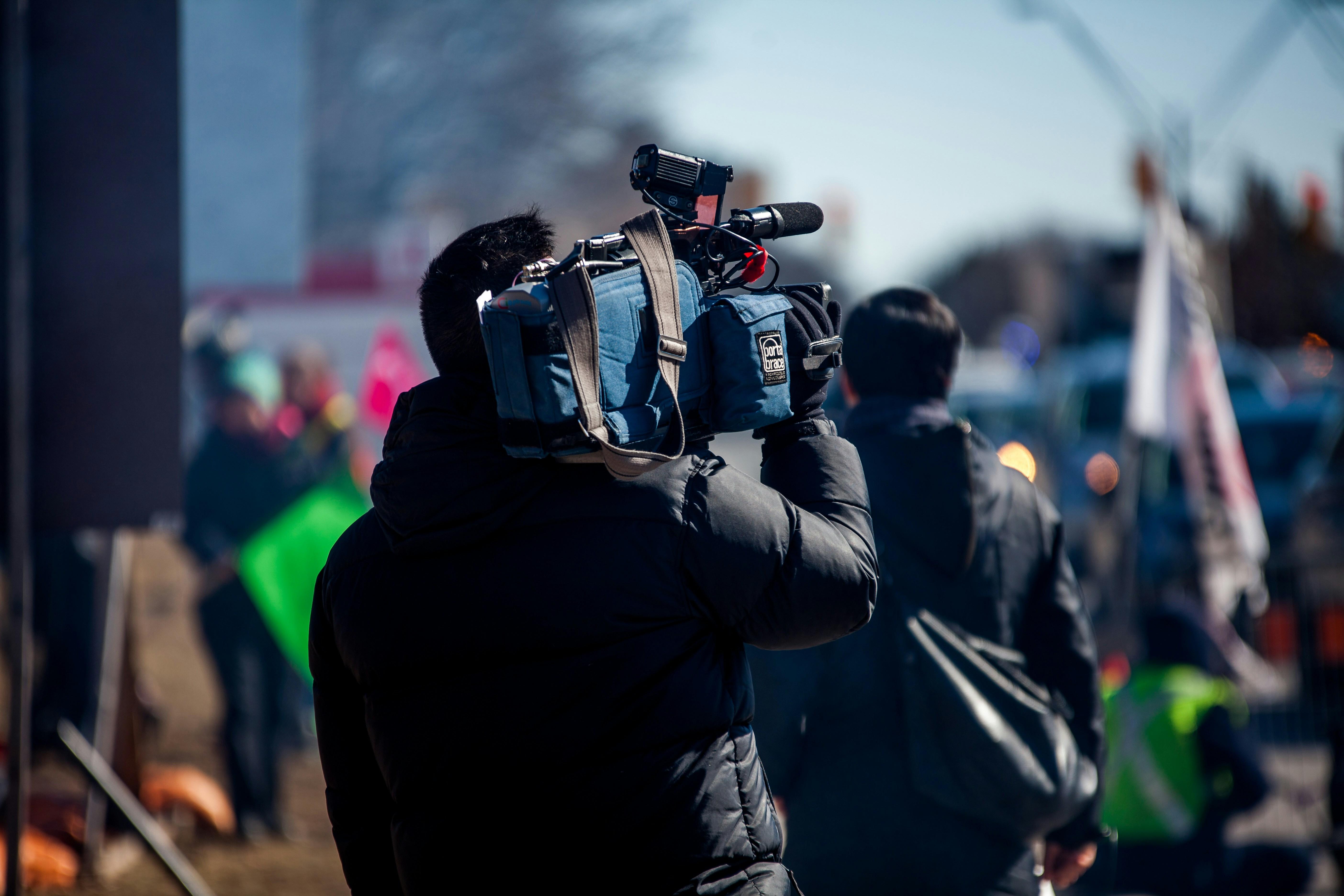In an era where the past continually informs the present, historical documentaries serve as invaluable tools for deepening our understanding of the complex tapestry that is our world. These films offer more than just a chronological recounting of events; they provide nuanced insights into the socio-political dynamics, cultural evolutions, and pivotal moments that have shaped human civilization. This article delves into some of the most compelling historical documentaries available, examining their contributions to our collective knowledge and their ability to illuminate the intricacies of bygone eras. Whether you are a history enthusiast or a curious viewer, these documentaries promise to enrich your perspective and foster a more profound appreciation of the world we inhabit today.
Exploring Key Historical Eras Through Documentary Film
Documentary films offer a compelling lens through which to examine the tapestry of human history, each era revealing its own unique challenges and triumphs. These films not only document events but also provide insight into the societal shifts and cultural transformations that define each period. By diving into key historical eras, viewers can gain a more nuanced understanding of the world we inhabit today.
- The Ancient World: Films exploring ancient civilizations like Egypt, Greece, and Rome offer a glimpse into the foundations of modern society, highlighting advancements in governance, philosophy, and art.
- The Middle Ages: Documentaries covering this era often delve into the complexities of feudalism, the influence of the church, and the transformative events like the Crusades and the Black Death.
- The Renaissance and Enlightenment: These films explore the rebirth of art, science, and culture, underscoring the shifts in human thought that paved the way for the modern age.
- The 20th Century: A period marked by rapid change, documentaries often focus on world wars, civil rights movements, and technological advancements, offering insight into the globalized world we know today.

In-Depth Biographical Documentaries: Personalities Who Shaped History
Delve into the lives of remarkable individuals with in-depth biographical documentaries that offer a lens into the personal and political landscapes these figures navigated. These films not only chronicle the events of their lives but also explore the broader historical contexts they influenced. Through meticulous research and compelling storytelling, viewers gain insights into the complex dynamics of power, ambition, and resilience.
- “The Fog of War”: This documentary examines the intricate decisions of Robert S. McNamara, exploring the moral dilemmas faced during the Vietnam War.
- “RBG”: A tribute to Ruth Bader Ginsburg, highlighting her pioneering work in gender equality and her enduring impact on the American legal system.
- “Senna”: A cinematic journey into the life of Ayrton Senna, capturing the passion and tragedy of the legendary Formula One driver.
Each film provides a nuanced portrait, allowing us to understand not only the individual but also the ripple effects of their actions on the world stage. These documentaries are essential viewing for anyone seeking to grasp the personal stories behind pivotal historical moments.
Cultural and Social Dynamics Unveiled in Documentary Narratives
Documentary films have long served as windows into the intricate tapestry of human culture and society. Through the lens of historical documentaries, viewers can explore the myriad ways in which cultural and social dynamics shape our world. These narratives often delve into the complexities of identity, power, and tradition, offering nuanced perspectives that challenge conventional understandings. By examining the interplay between historical events and cultural contexts, these films provide valuable insights into the forces that drive societal change and continuity.
Several documentaries stand out for their ability to illuminate these dynamics with depth and clarity. Some of the most compelling include:
- “13th”: A powerful exploration of the intersection between race, justice, and mass incarceration in the United States.
- “The Act of Killing”: An unsettling yet profound examination of the perpetrators of the Indonesian mass killings of 1965-66.
- “Paris is Burning”: A vibrant portrayal of the drag ball culture in New York City, highlighting issues of race, class, and gender identity.
- “The Fog of War”: Insights into the complexities of war and peace through the experiences of former U.S. Secretary of Defense, Robert S. McNamara.
These documentaries not only document history but also offer a critical lens through which we can better understand the cultural and social undercurrents that continue to shape our world today.

Documentary Storytelling: Understanding Conflicts and Resolutions
In the realm of documentary storytelling, the exploration of conflicts and resolutions serves as a powerful narrative tool. Historical documentaries often delve into these themes, offering viewers a nuanced perspective on pivotal events. By examining the intricacies of human struggles and the pathways to peace, these films provide a richer understanding of our shared past. The following documentaries exemplify this approach, each shedding light on different facets of conflict and the quest for resolution:
- “The Fog of War” - Through the lens of former U.S. Secretary of Defense Robert S. McNamara, this film explores the complexities of war and the moral ambiguities involved.
- “13th” – A profound examination of racial inequality and the systemic challenges within the American justice system, highlighting the ongoing struggle for civil rights.
- “The Act of Killing” – A chilling exploration of the Indonesian mass killings of 1965–66, showcasing the perpetrators’ perspectives and the haunting absence of justice.
- “The Civil War” by Ken Burns – A comprehensive portrayal of the American Civil War, emphasizing the human cost and the enduring quest for unity.
These documentaries do more than recount historical facts; they challenge viewers to reflect on the enduring impact of conflict and the transformative power of resolution. By engaging with these narratives, audiences can gain a deeper appreciation for the complexities of history and the human spirit’s resilience.



